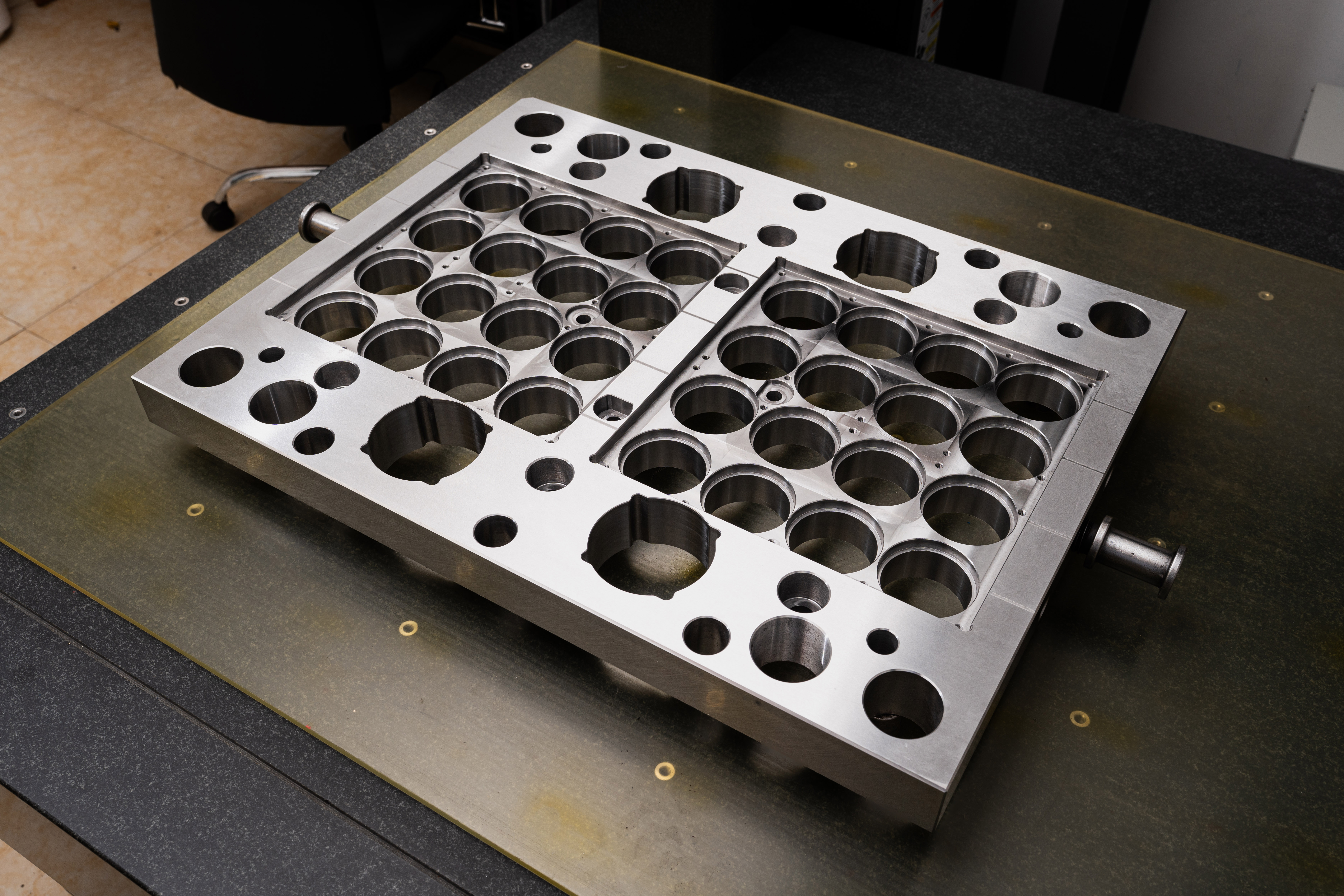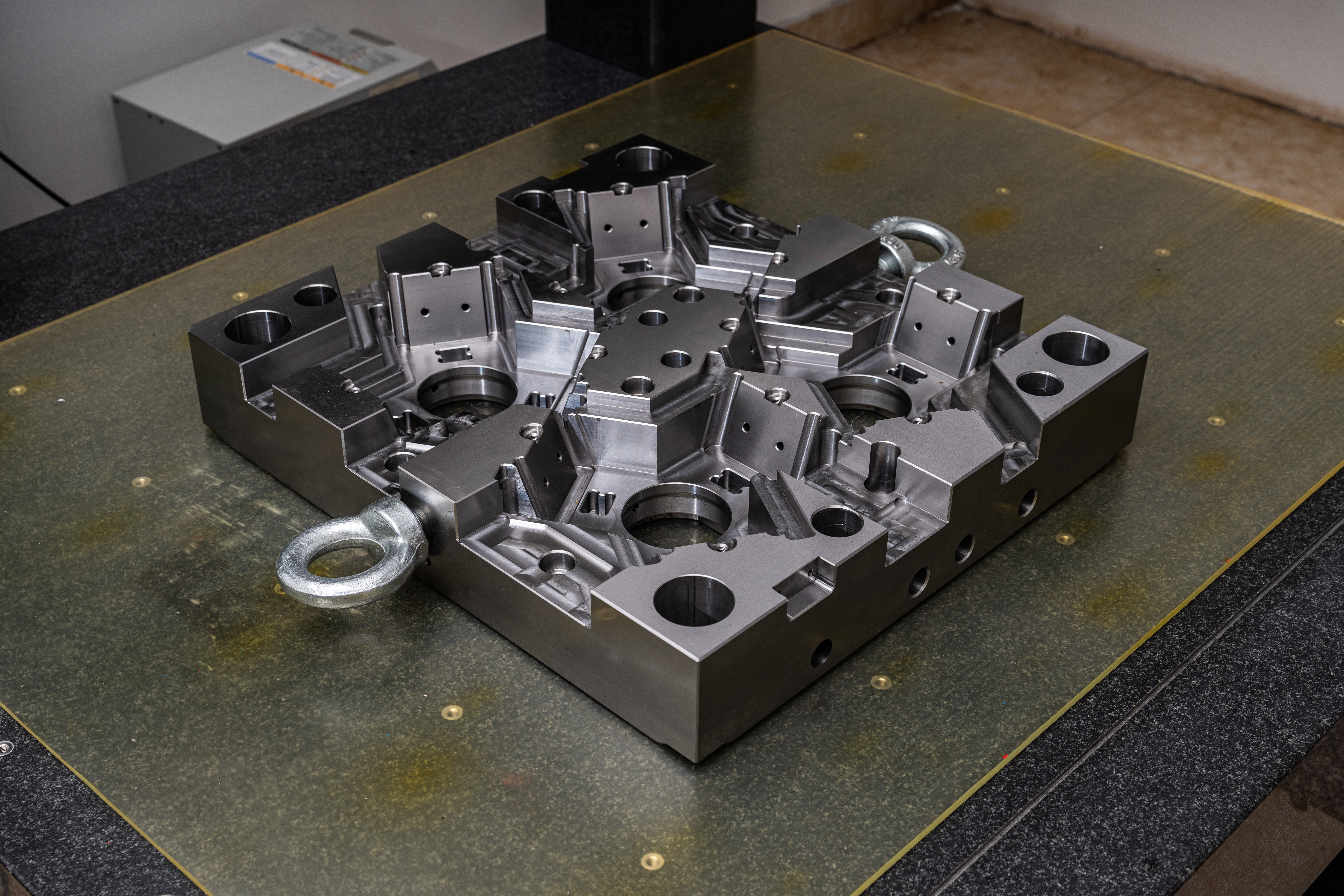The Definition of a PCS Framework in the Mold Base Industry
In the mold base industry, a PCS framework refers to a standardized approach that is used to manage and control the various processes involved in designing and manufacturing mold bases. PCS stands for Process Control System, and it plays a crucial role in ensuring the efficiency, quality, and reliability of mold base production.
The PCS framework encompasses a range of interconnected elements and activities, which are essential for meeting customer requirements, optimizing production processes, and achieving consistent results. Let us explore the components of a PCS framework in more detail:
Design
Design is the foundation of any mold base production process. It involves the creation of detailed drawings and specifications that define the shape, dimensions, and functional requirements of the mold base. Utilizing computer-aided design (CAD) software and advanced modeling techniques, designers can accurately translate customer concepts into precise mold base designs. The design phase also involves considering factors such as parting lines, ejection systems, cooling channels, and other critical elements that impact the mold base's performance.
Material Selection
Mold bases can be made from various materials, including pre-hardened steel, stainless steel, and aluminum alloys. The selection of materials depends on factors such as the type of injection molding process, the required production volume, and the expected service life of the mold base. Each material has its own advantages and limitations in terms of durability, corrosion resistance, machinability, and cost. By carefully evaluating these factors, manufacturers can choose the most suitable material for each mold base project.
Manufacturing
The manufacturing process involves several stages that transform the mold base design into a physical product. Computer numerical control (CNC) machines are widely used to achieve precision machining of mold base components. This involves operations such as milling, drilling, turning, and grinding, which are carried out according to the design specifications. Advanced manufacturing technologies, such as electric discharge machining (EDM), are also employed to create intricate features and precise surface finishes. The manufacturing phase also includes assembly, where the individual components are joined and aligned to form the final mold base.
Quality Control
Quality control is a critical aspect of any PCS framework. It involves a systematic approach to inspecting and verifying the mold base's conformance to predefined specifications and industry standards. Quality control activities often include dimensional inspections, hardness testing, surface roughness analysis, and functional testing. This phase may also involve documentation and traceability measures to ensure full accountability and transparency throughout the production process.
Maintenance and Repairs
Over time, mold bases may require maintenance or repairs due to wear and tear, damage, or changing production requirements. The PCS framework should include provisions for regular maintenance, such as cleaning, lubrication, and inspection, to ensure optimal performance and longevity. In case of damage, a well-defined repair process should be in place to minimize downtime and restore the mold base to its original functionality.
Conclusion
A PCS framework is essential for the successful and efficient production of mold bases in the mold base industry. It encompasses the comprehensive management and control of all processes involved in design, material selection, manufacturing, quality control, and maintenance. By implementing a PCS framework, mold base manufacturers can ensure consistent quality, improve efficiency, and meet customer requirements effectively.




